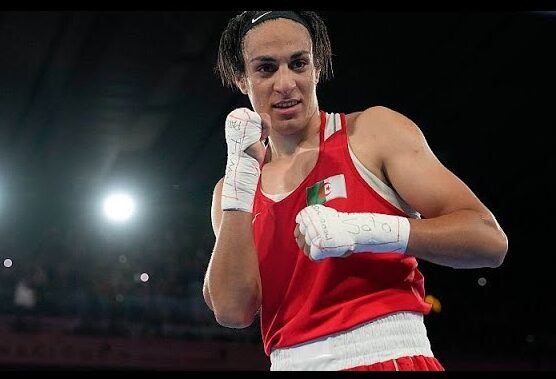World Boxing retracts public naming of Olympic gold medallist Imane Khelif in new mandatory sex testing policy amid privacy concerns.
World Boxing has issued a formal apology after naming Olympic welterweight champion Imane Khelif in its recent announcement of mandatory sex testing for athletes. The governing body’s move sparked backlash for publicly singling out the Algerian fighter, who won gold at the 2024 Paris Olympics, leading to concerns over privacy and athlete welfare.
The new policy, unveiled last week, mandates all boxers over 18 to undergo genetic PCR tests to confirm their sex at birth before competing in World Boxing-sanctioned events. Khelif was explicitly named as barred from participating in upcoming competitions—including the Eindhoven Box Cup—until she completes the test.
In a letter to the Algerian Boxing Federation, World Boxing president Boris van der Vorst acknowledged that the athlete’s privacy should have been respected and apologised for the breach. The federation subsequently conveyed this apology to Khelif.
The 26-year-old Khelif has been at the centre of a complex gender eligibility debate since her rise to prominence. Previously, she and Taiwanese boxer Lin Yu-ting were disqualified from the 2023 World Championships by the International Boxing Association (IBA) over alleged gender eligibility issues. However, the International Olympic Committee (IOC) cleared her to compete at Paris last year, based on the rule that competitors listed as female on their passports are eligible for the women’s division.
The IOC stripped the IBA of its status as boxing’s official world governing body in 2023, citing governance and integrity concerns. World Boxing gained provisional IOC recognition in February 2025 and absorbed the Algerian Boxing Federation by September.
World Boxing emphasised that the new eligibility rules are intended to safeguard athletes’ safety, citing the physical risks inherent to Olympic-style boxing. The policy states that if an athlete’s sex certification is challenged by their federation or World Boxing itself, the athlete must remain ineligible until the matter is resolved.
Khelif, who has always competed as a woman and is publicly identified as such, was due to return to competition in Eindhoven in early June. The announcement effectively barred her pending the outcome of the new sex testing process.
While some media reports speculated that Khelif’s case might involve differences of sexual development (DSD), similar to other high-profile athletes like runner Caster Semenya, there is no official confirmation. The IOC has clarified that this is not a transgender case.
In response to the controversy, the IOC reiterated that eligibility criteria lie with each International Federation and must be tailored to the specific demands and safety concerns of each sport. The IOC awaits details on how World Boxing will implement the sex testing policy fairly, safely, and legally.
The episode has reignited wider discussions about privacy, fairness, and inclusion in sport, especially in combat disciplines where physical safety is a core concern. Critics argue that naming athletes publicly before policies are finalised can cause unnecessary harm and stigma.
World Boxing insists its new measures aim to protect mental and physical health across all competitors but faces scrutiny over balancing these goals with respect for athlete dignity and privacy.
As this story develops, the boxing community watches closely how the policy unfolds and how Khelif’s case will be resolved — a potent symbol of the ongoing complexities surrounding gender, sport, and identity on the world stage
